Odisha hosts key dialogue to align evidence, institutions, and communities for estimating rice crop losses
Every year, up to 40% of crops worldwide are lost prior to harvest, posing severe threat to food security, livelihoods and economic stability to millions of farmers. The Global Burden of Crop Loss (GBCL) initiative – a programme managed by CABI, has set out to address this critical global issue. It aims to generate trusted and actionable estimates of crop losses across crops and regions, thereby enabling key stakeholders to move towards data-driven interventions to reduce these losses.
In India, under the initiative, CABI and CRRI along with other partners including AbacusBio, are collaborating on a project to understand losses in Odisha’s rice systems – a vital source of food and livelihoods which is highly affected by both biotic (pests, diseases) and abiotic (flood, drought, salinity) stresses. The programme was officially launched in September this year, and has delved into the gender and socio-economic impact of crop loss bringing over 75 stakeholders for knowledge exchange and shared learning in a workshop in Cuttack last month.
In order to align evidence, institutions, and communities, CABI and CRRI are convening a three-day workshop during November 4–6 in Bhubaneswar and Cuttack. The first day of the workshop was attended by over 80 stakeholders representing government departments, research institutions, academia, grassroot-level organizations and media. The event strives to map current decision-making, evidence flows and data gaps related to crop losses. This will form the basis for co-developing pathways for integrating GBCL insights into ongoing national and state programs.
Understanding the scale and causes of crop losses is critical for further strengthening the impact of existing efforts for safeguarding farmer yields and livelihoods in Odisha. Dr Krishna Pati, Joint Director, Agriculture from the Department of Agriculture and Food Production, Government of Odisha, said that 30% of crop insurance in the state has incorporated scientifically backed crop insurance disbursement as against conventional crop-cutting experiments. Having even more robust data on crop losses would strongly support positive outcomes for farmers from crop insurance.
Dr. A. Sarangi, Director, ICAR-Indian Institute of Water Management, Bhubaneswar further highlighted the value of having reliable estimates. He commented: “Validation of crop models and calibrated decision support systems converging different layers of information could go a long way in further strengthening the strong remote sensing capabilities, existing models and research.”
Dr. P. Bhattacharyya, Director, ICAR-Central Rice Research Institute, Cuttack, added that strengthening data quality, responsibility and data sharing (including attribution tags) are key to building a strong data architecture that the state needs.
Commenting on the value of the project, Cambria Finegold, Global Director from CABI who is leading the GBCL project, said: “In a world facing the dual crises of climate change and food insecurity, we cannot afford to lose what we already grow. We look forward to supporting our Odisha partners and our stakeholders in the efforts to better protect crops, improve livelihoods, and strengthen food systems.”
CRRI and CABI will be continuing the discussions with stakeholders over the next 2 days to understand the key bottlenecks and co-develop the plans enabling the production and use of trusted rice crop loss data for the next 2 years.
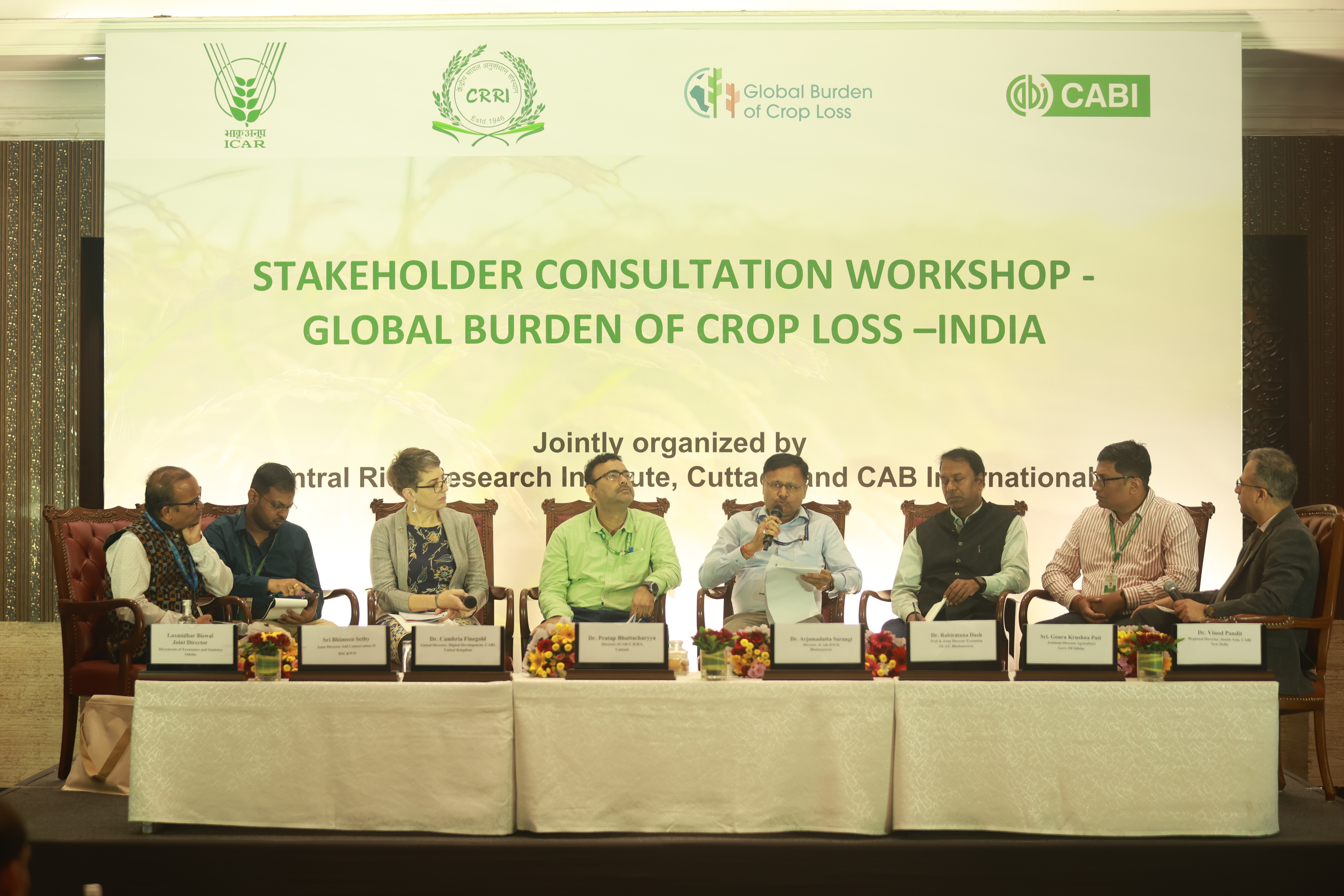 |
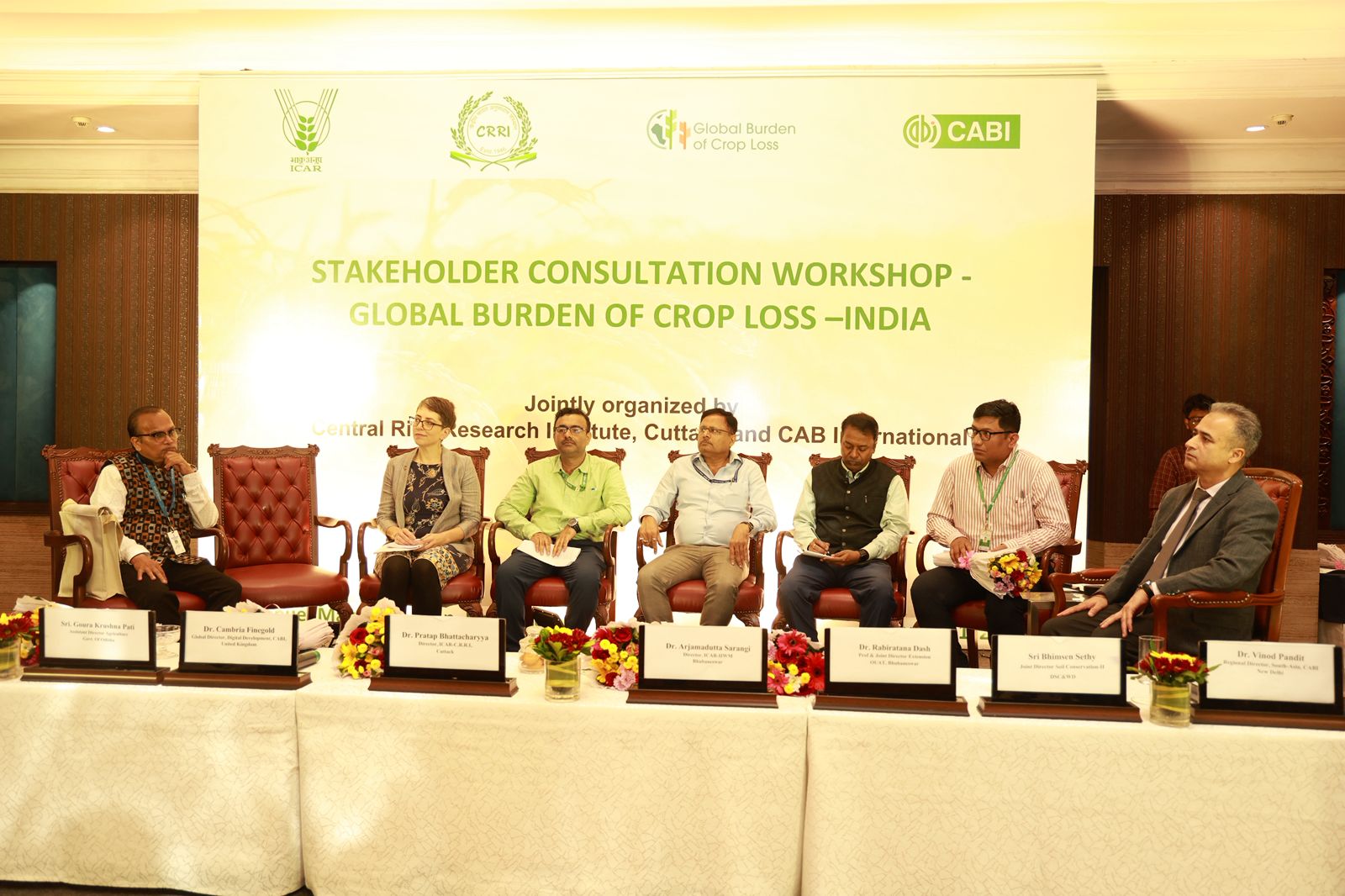 |
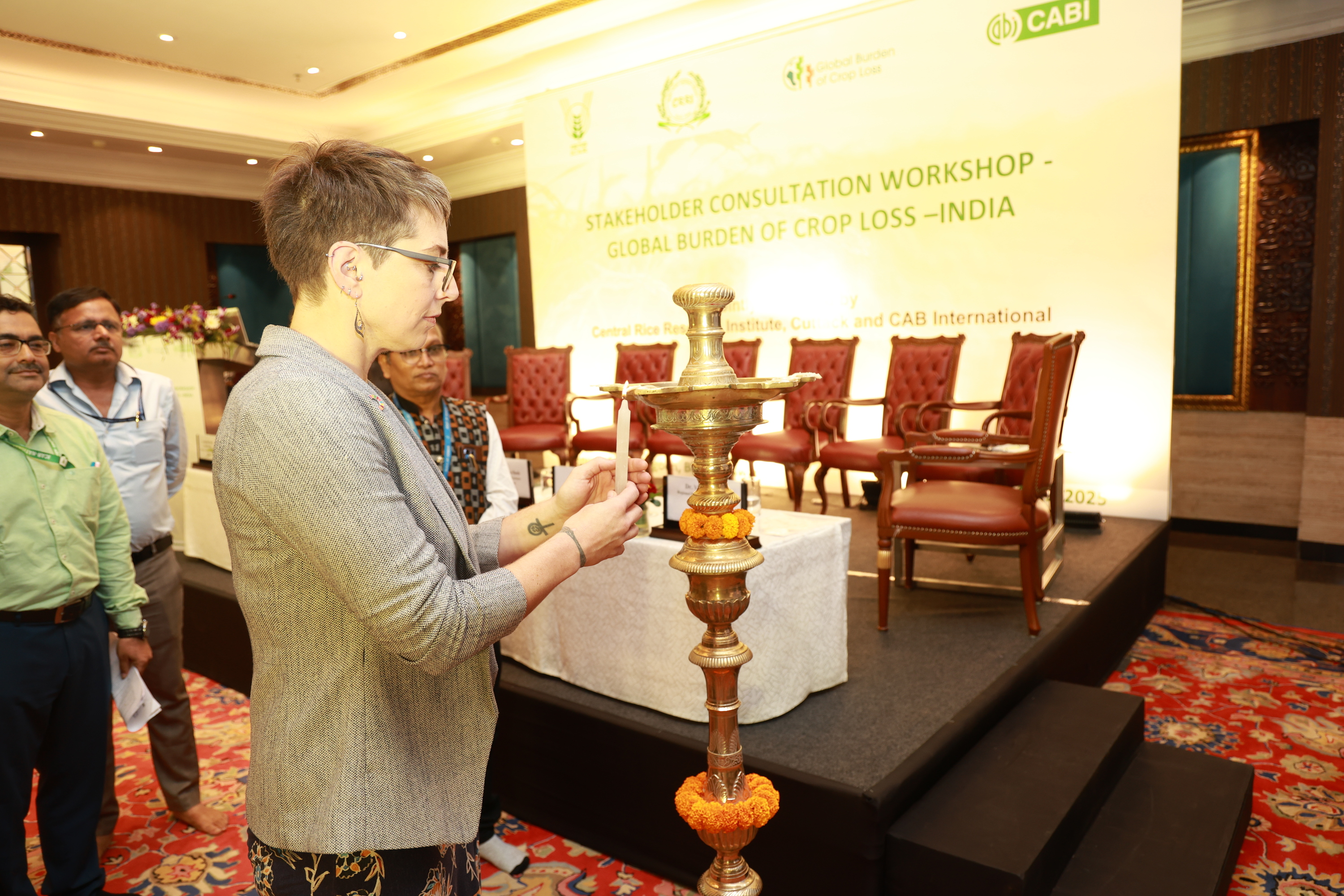 |
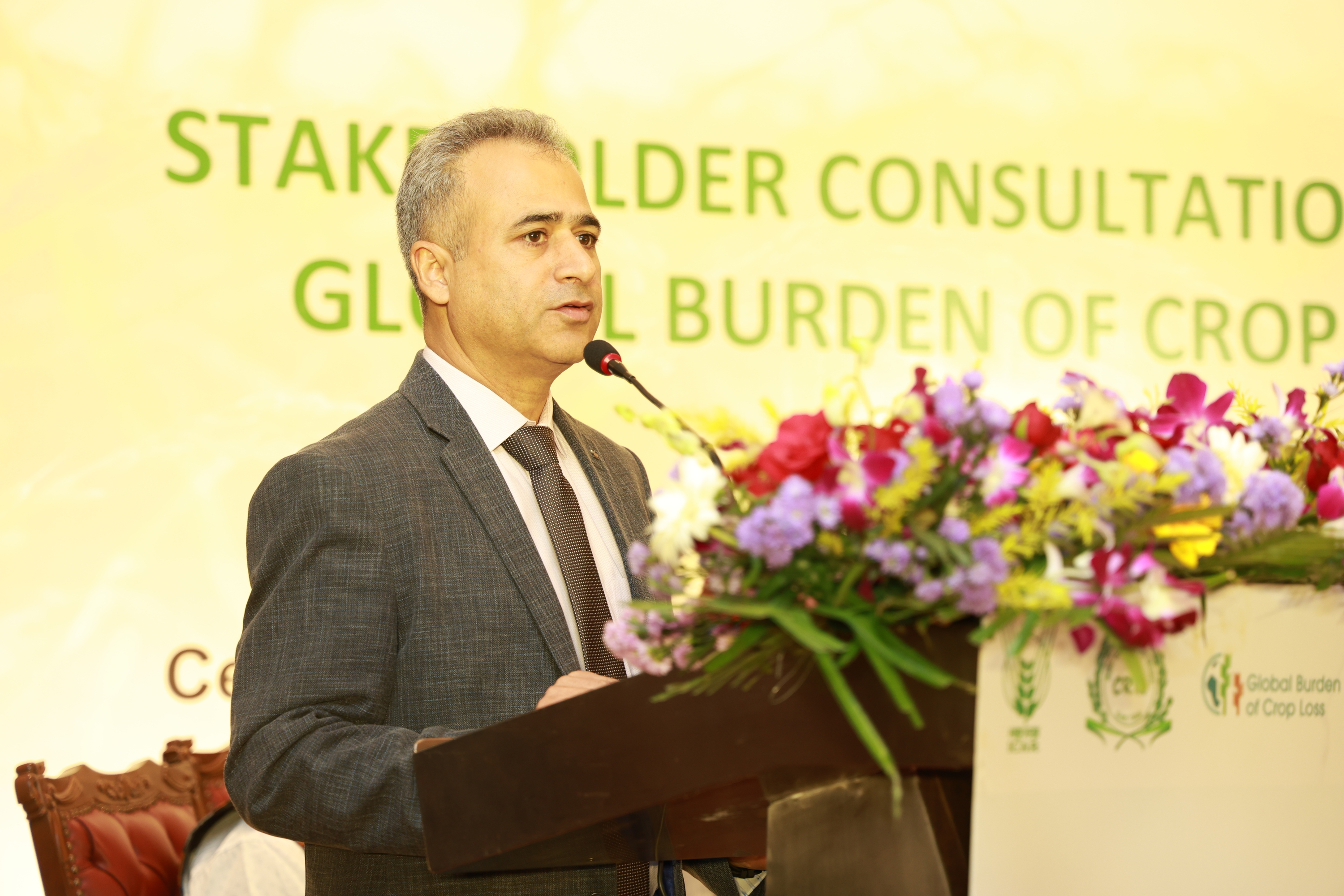 |
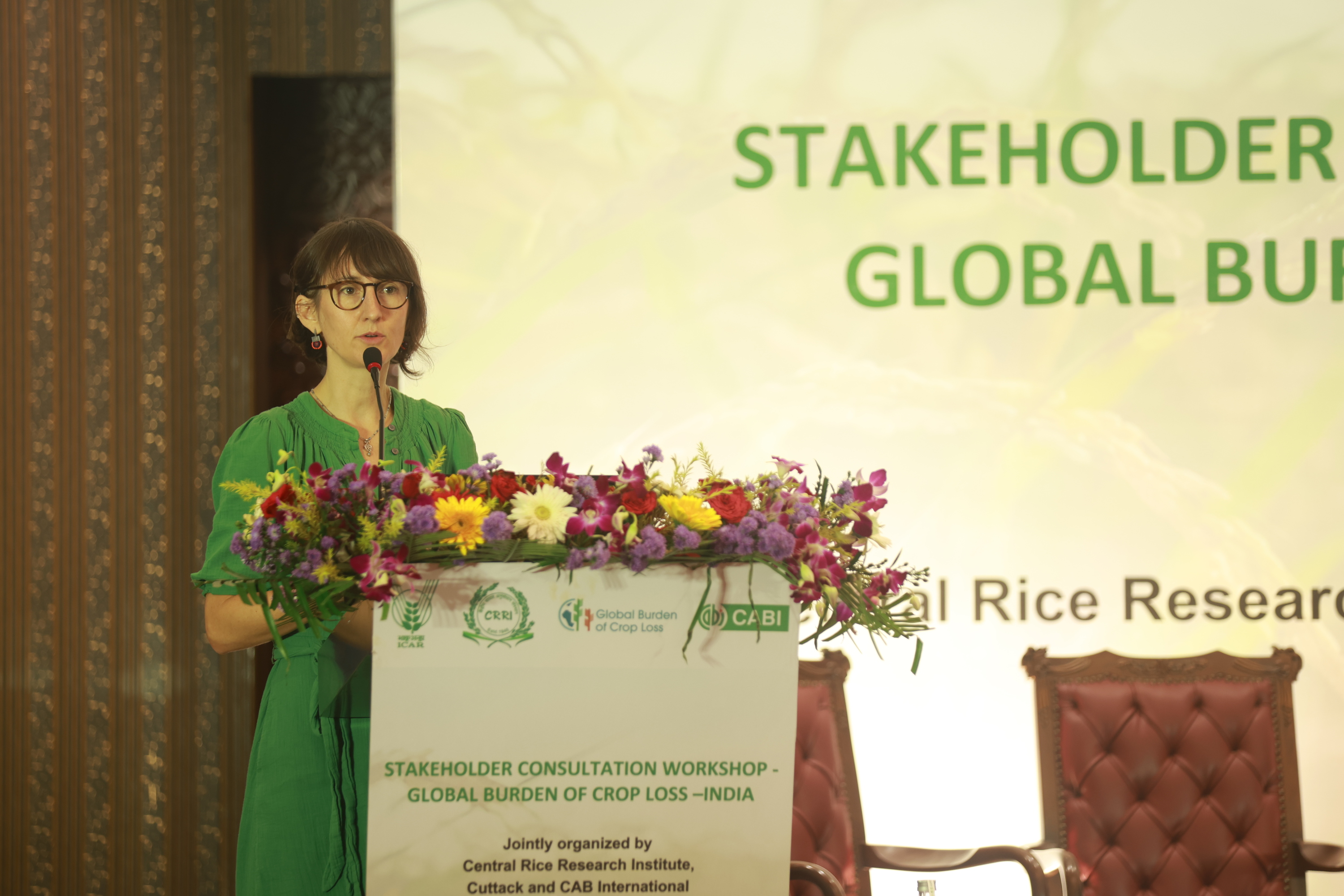 |
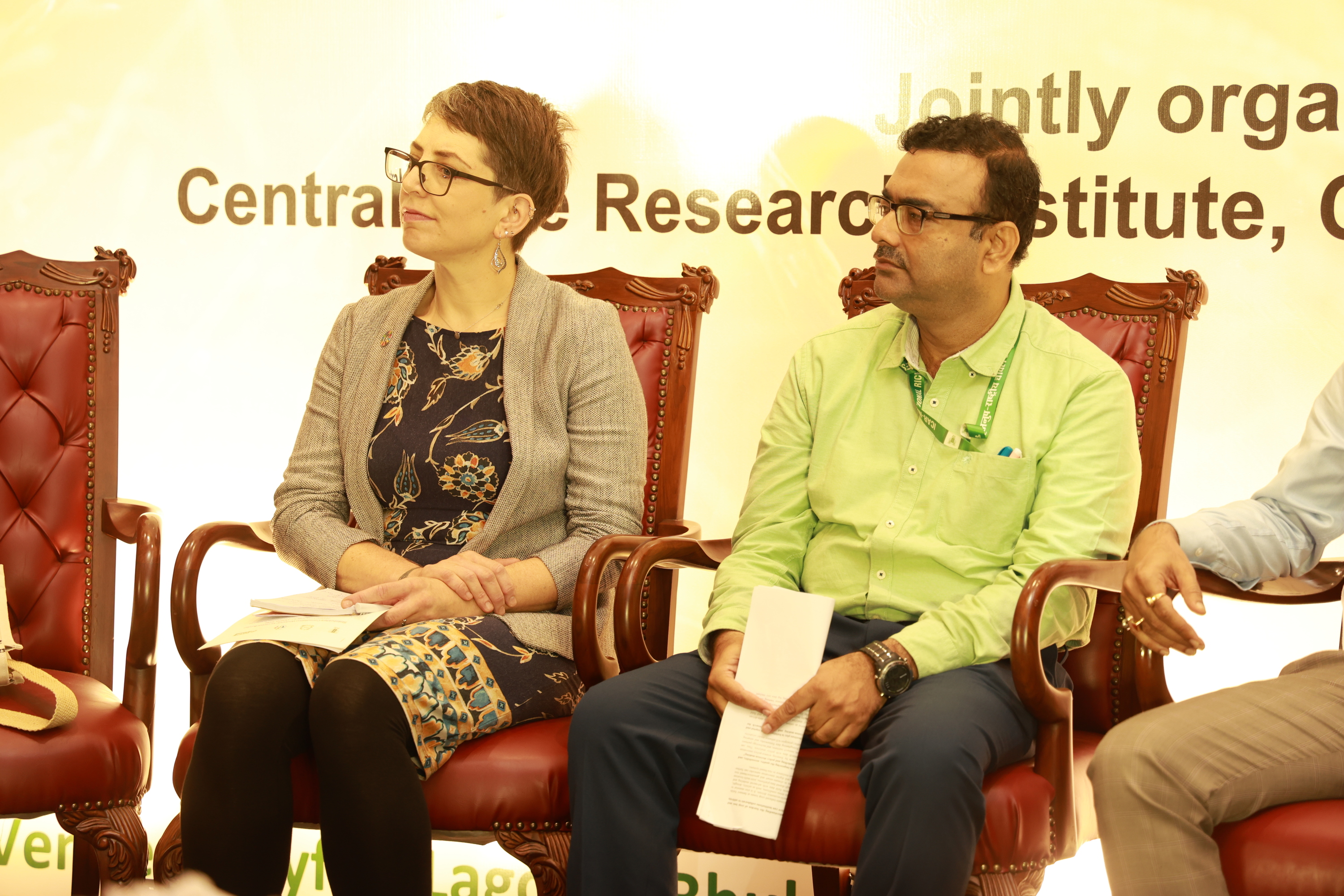 |
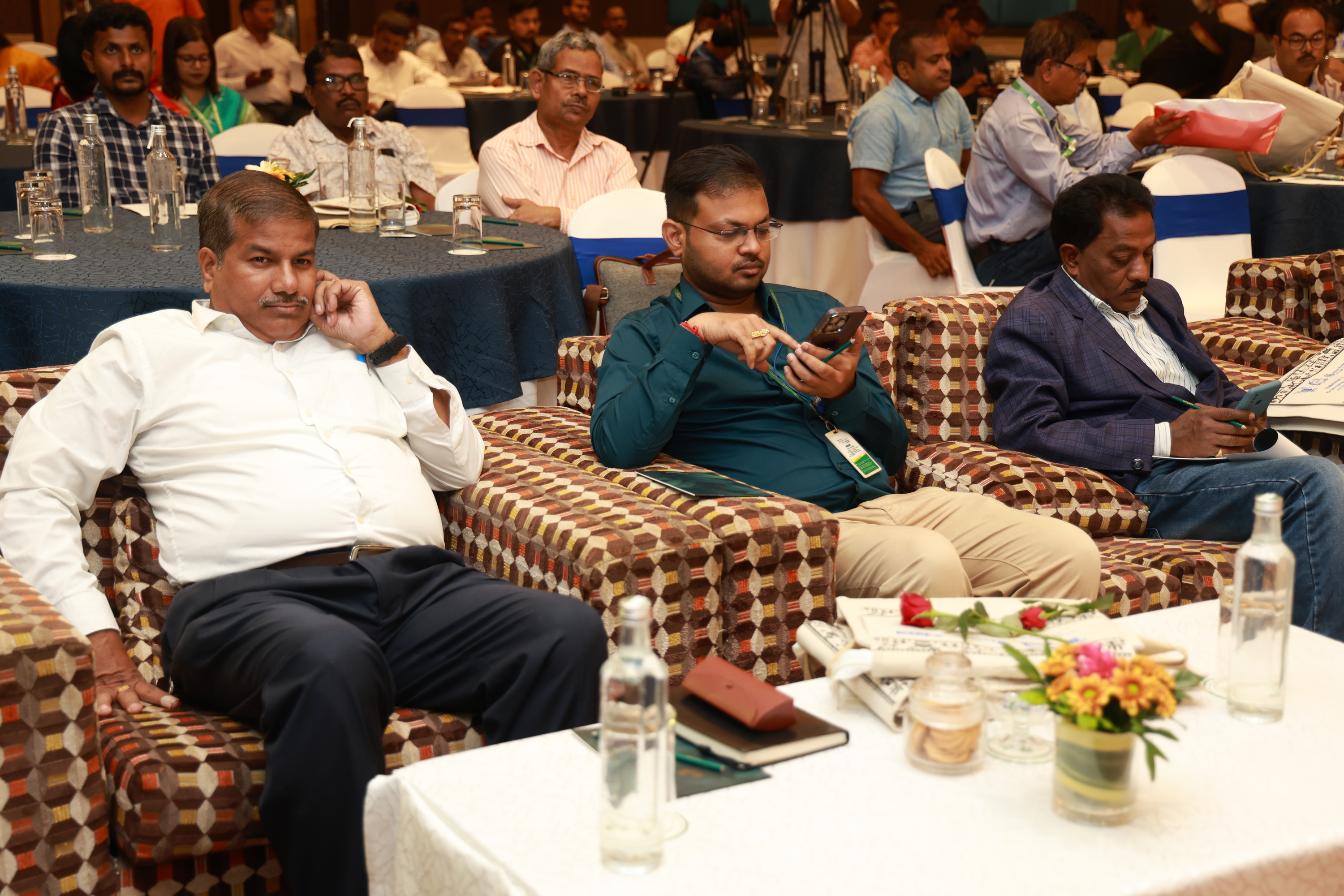 |
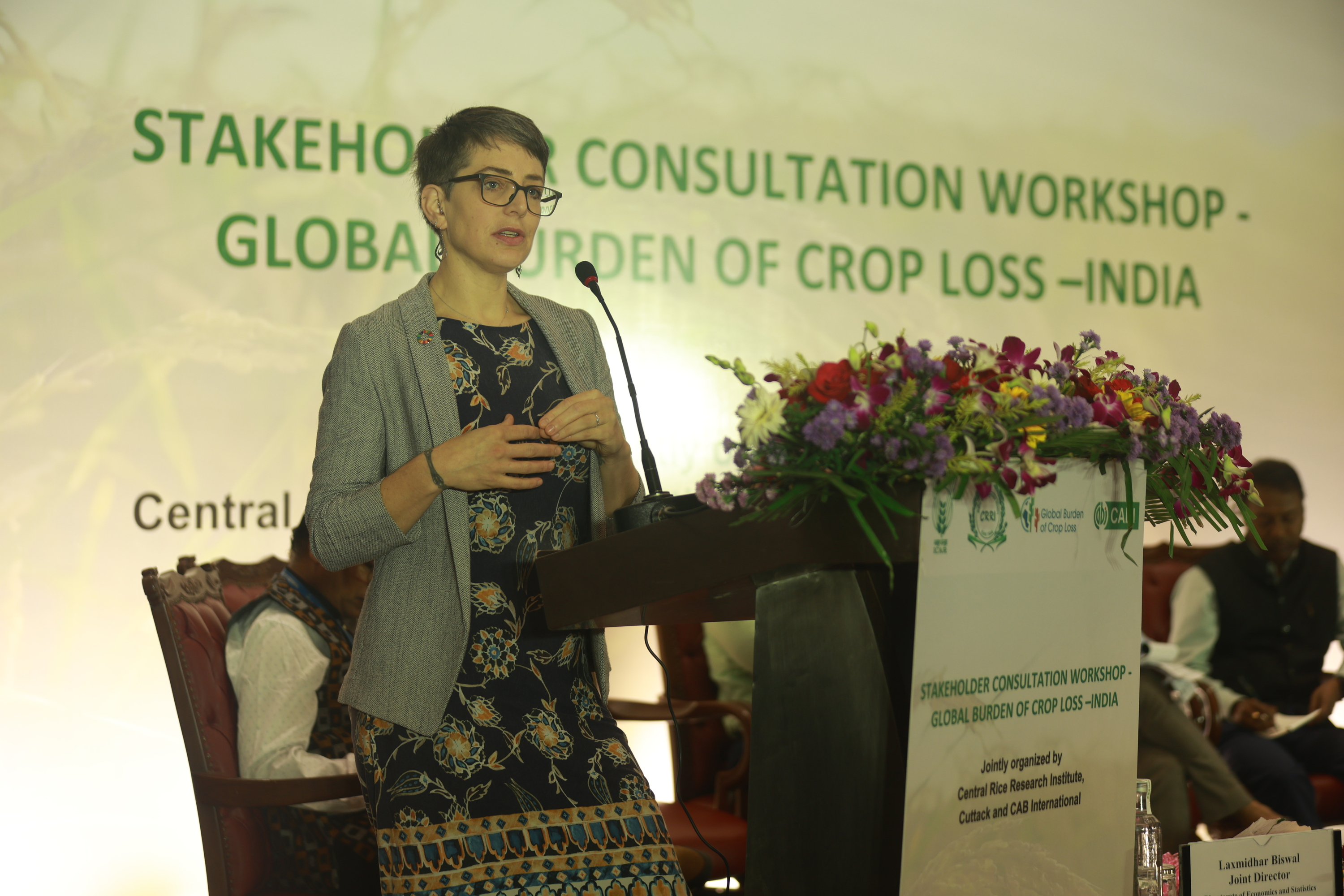 |
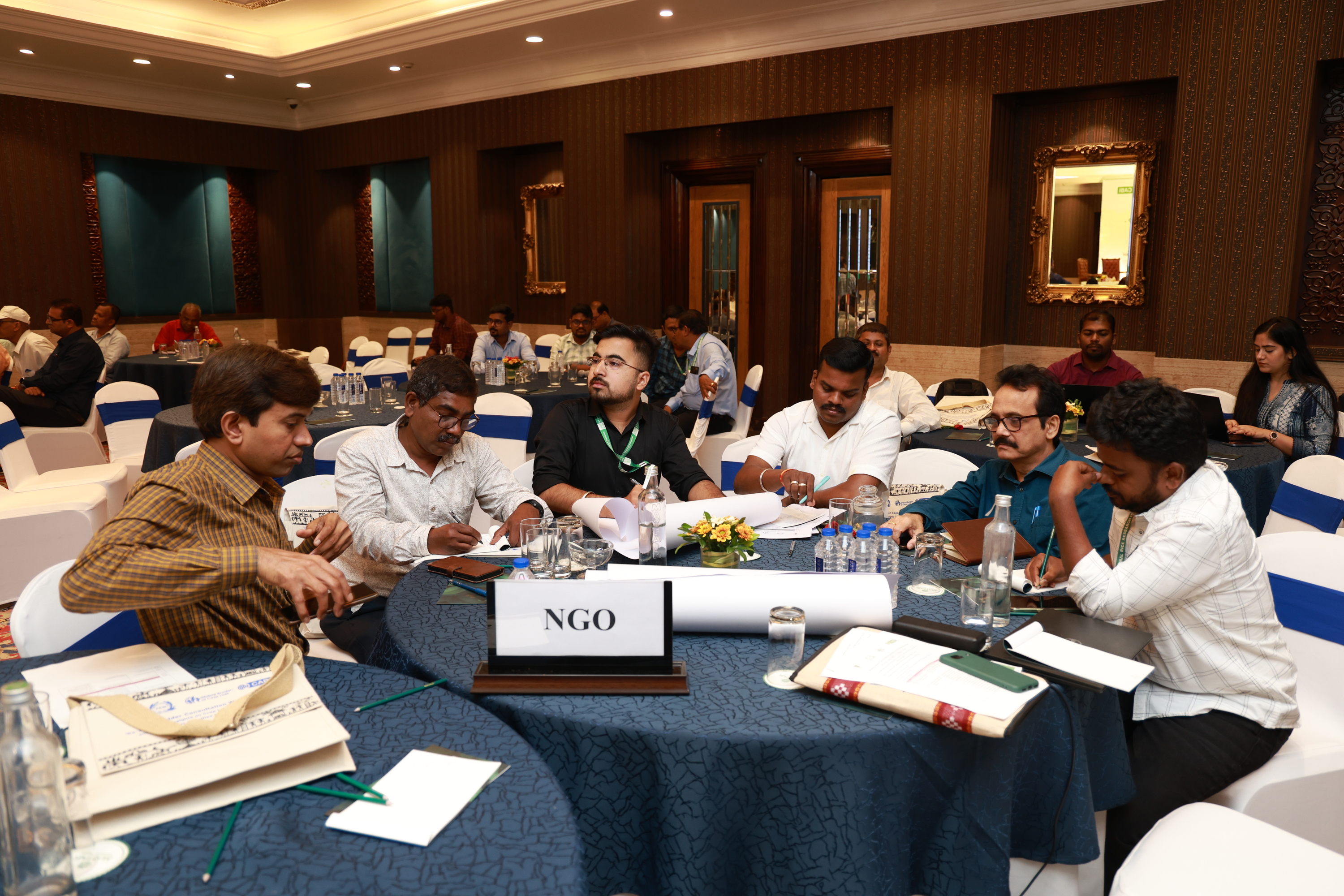 |
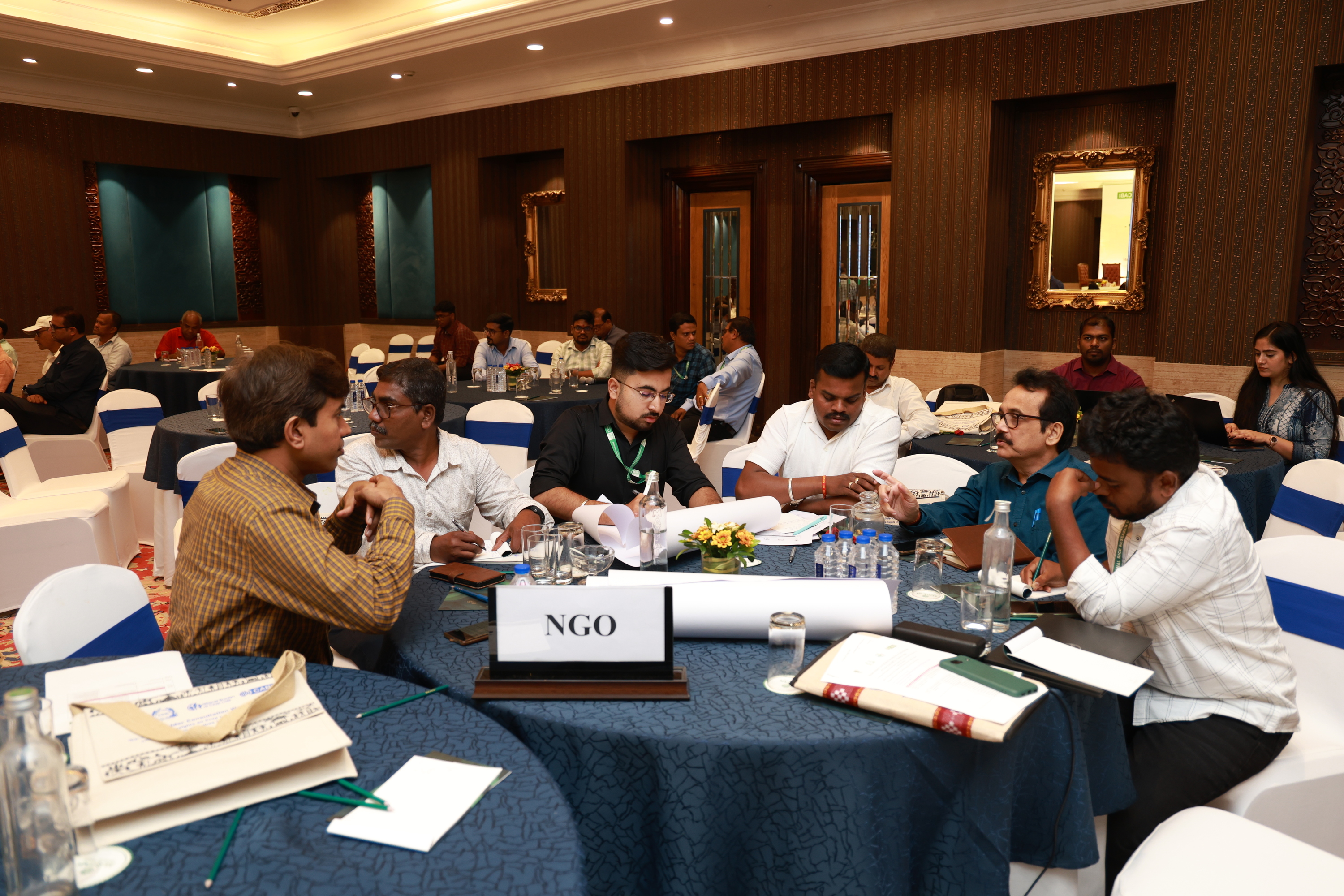 |
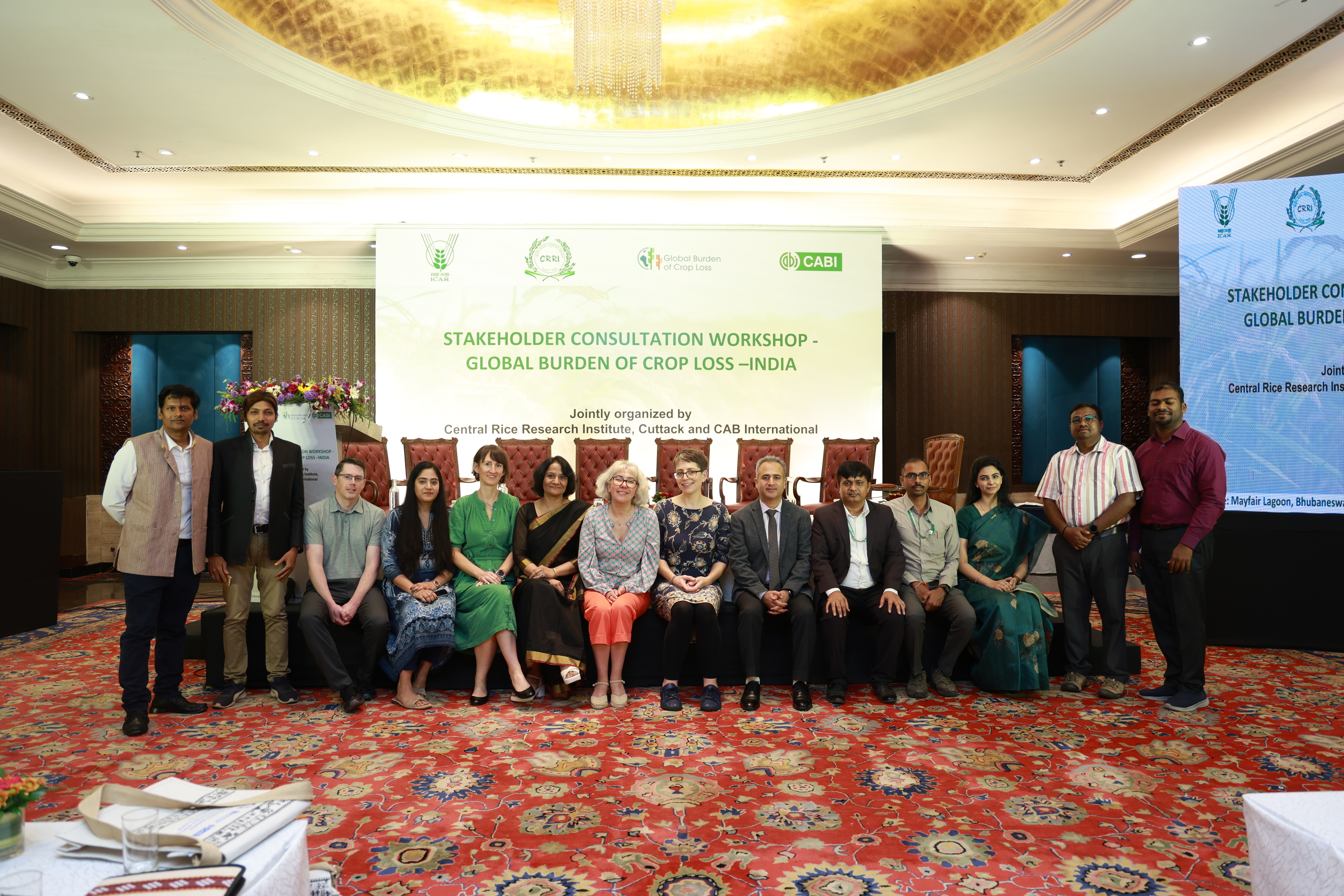 |
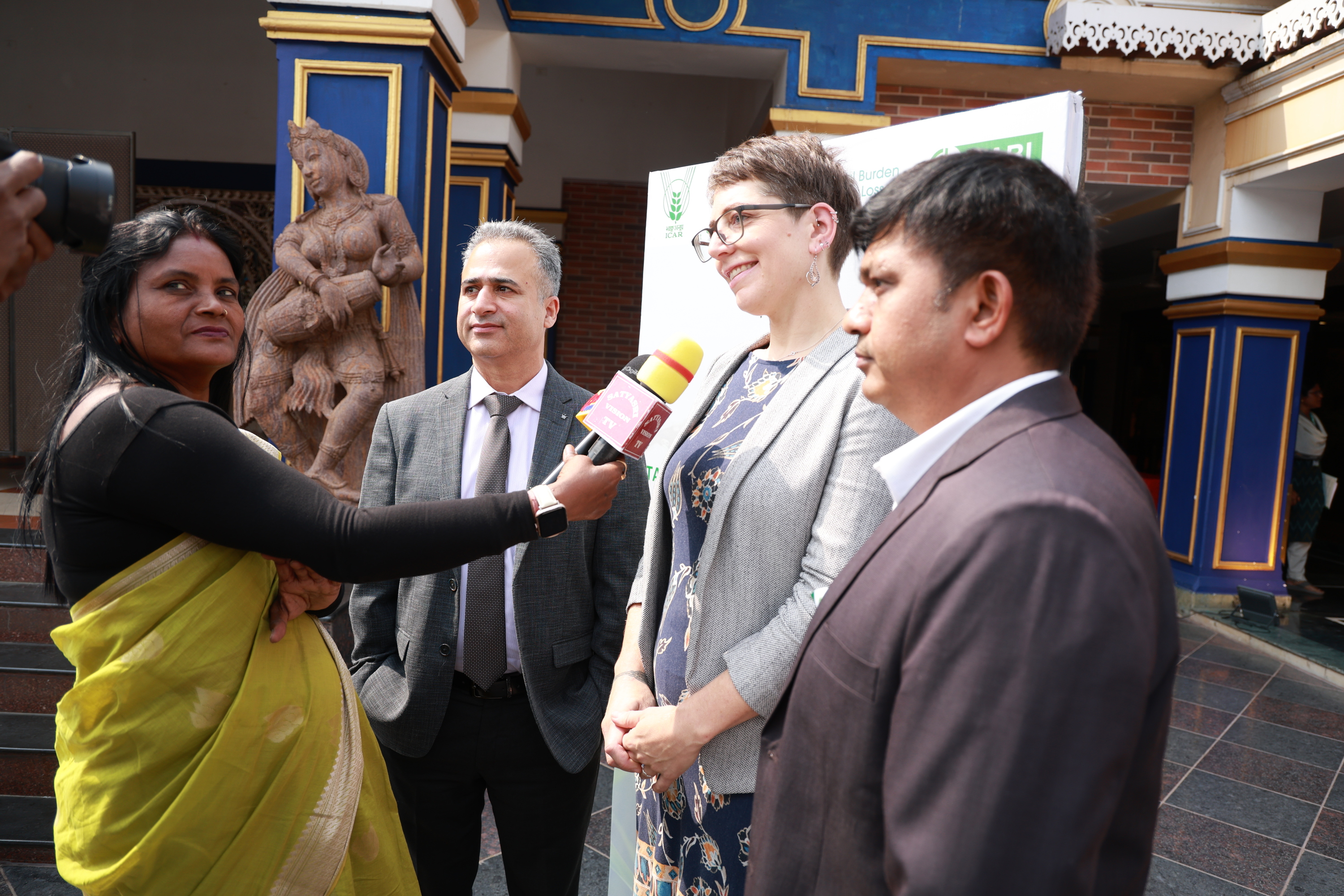 |
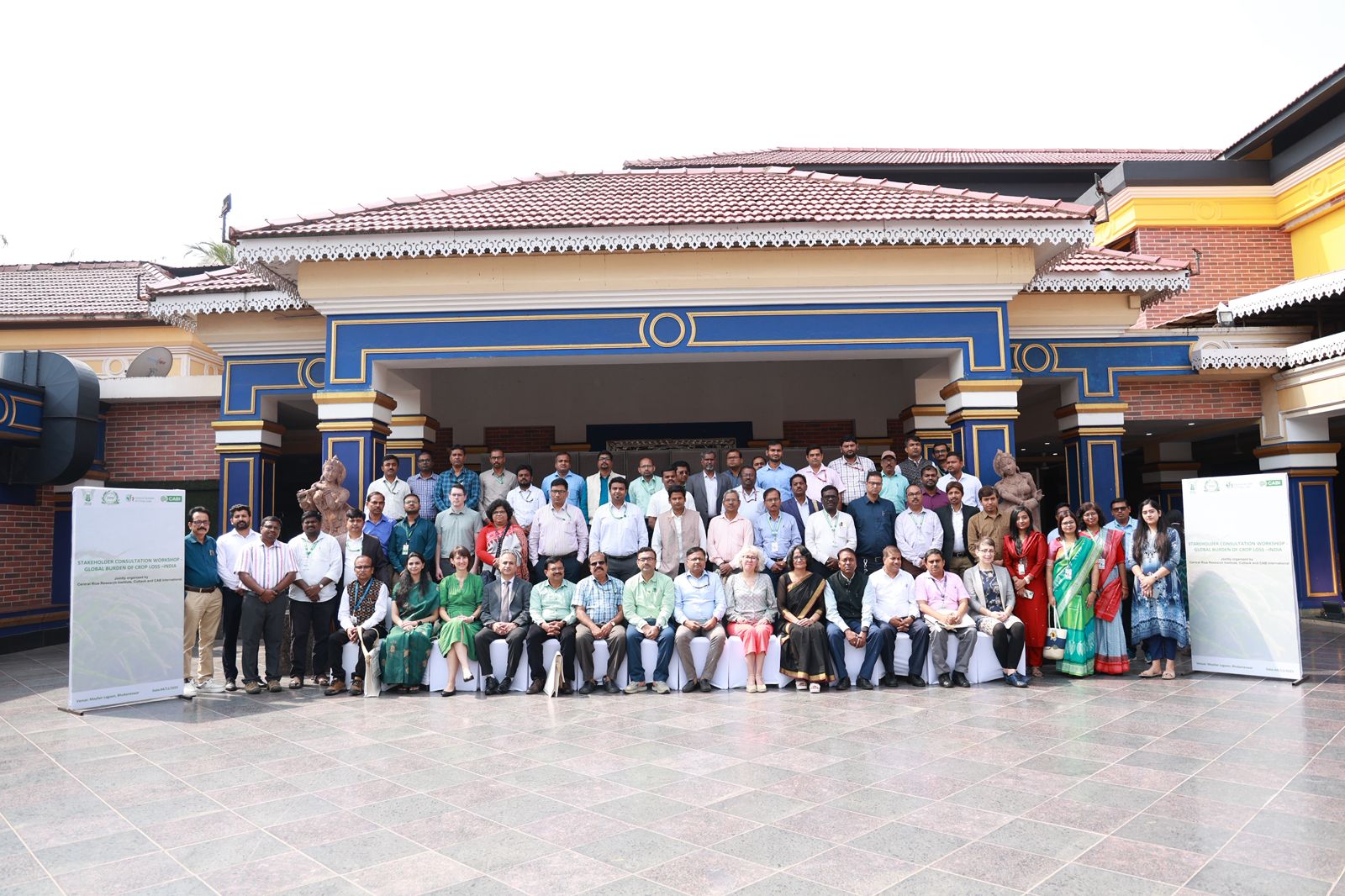 |
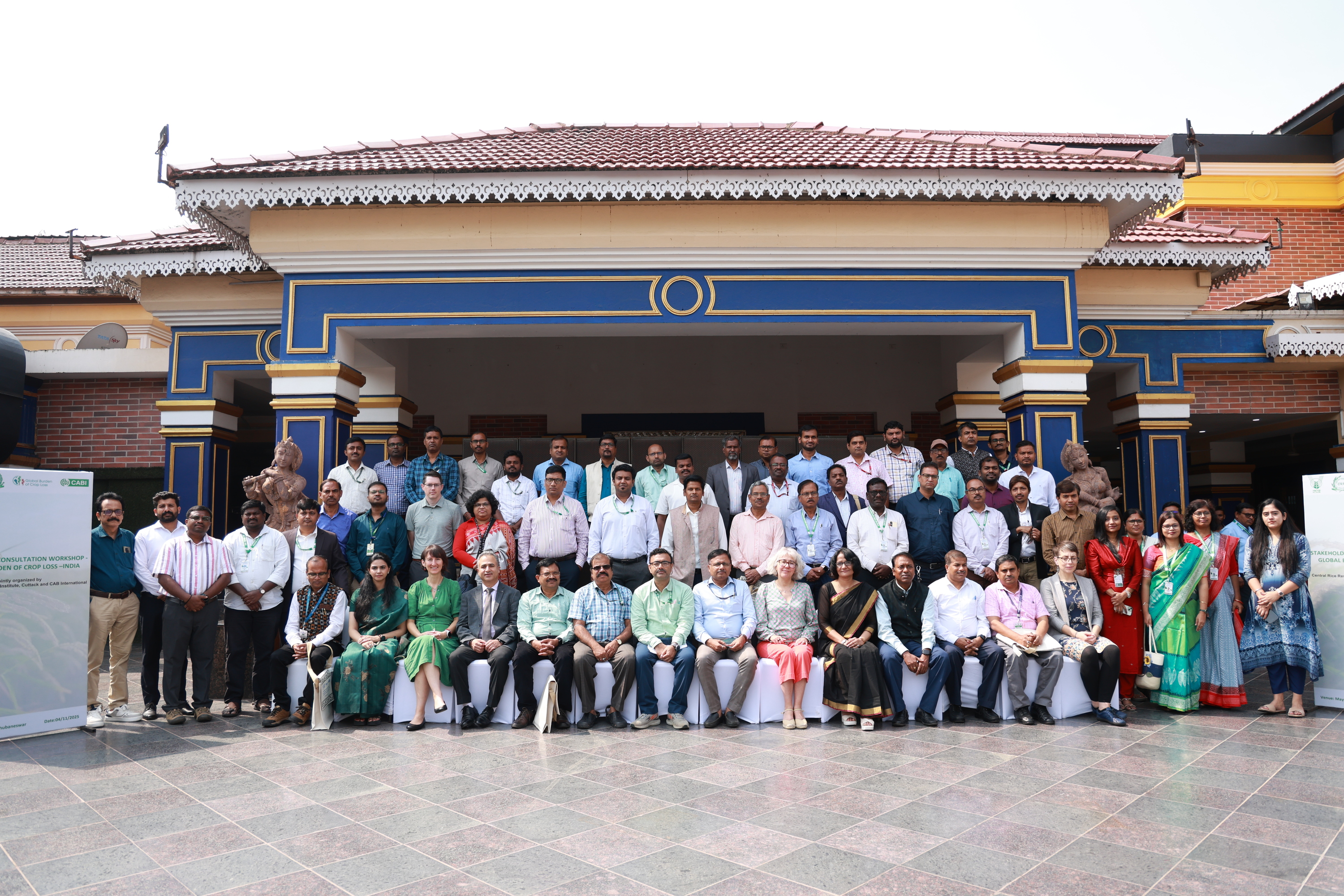 |
